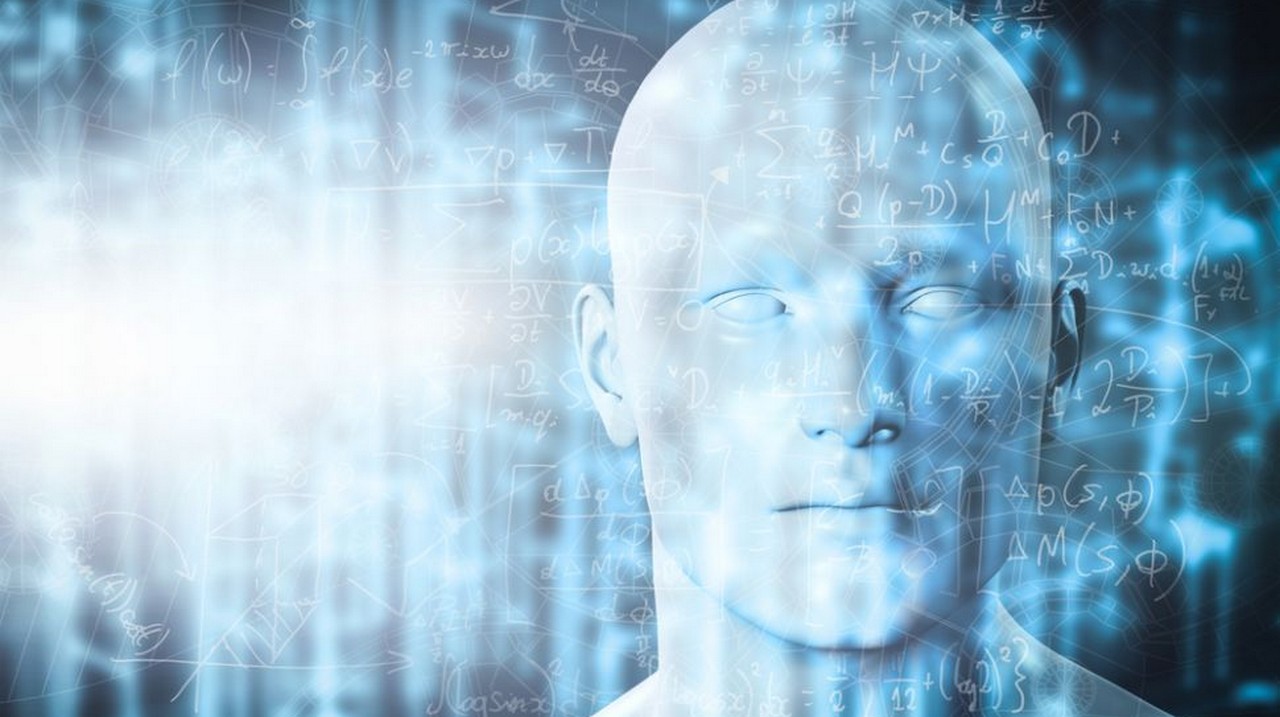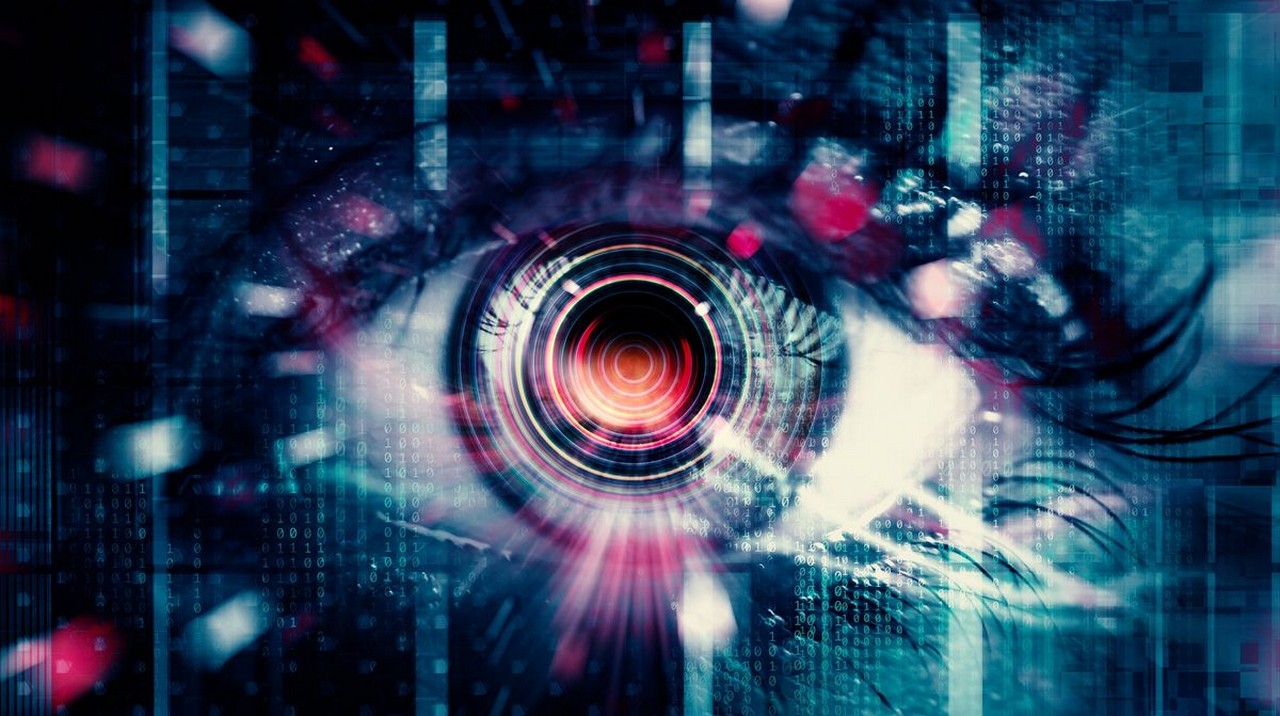Forsaking a ‘clone’ of your self within the type of a digital avatar for family members to work together with when you’ve handed away was the stuff of science fiction, however is quick changing into a actuality. Low cost, accessible, and user-friendly instruments like Duplicate, Right here After, and ElevenLabs (for voice cloning), enable individuals to create avatars which may mimic their likeness, their character traits, and are armed with intimate information of their lives to make for genuinely compelling ’recreations.’
In a latest research, we checked out attitudes in the direction of this quickly evolving type of ‘grief tech’ – a rising trade that goals to minimize the ache of dropping a cherished one. It was instantly obvious that there’s a discernible generational divide in attitudes in the direction of the concept of ‘AI clones’.
Difficult taboos
A considerable proportion of youthful generations discover the concept of abandoning a digital avatar interesting. Roughly 24% of Gen Zers (born 1997-2010) and 27% of Gen Yers (born 1982-1996) consider that entry to those avatars might mitigate the ache of grieving by facilitating continued interplay with departed family members. Nonetheless, help steadily declines with age, with simply 2% of Older Adults (born pre-1946) having optimistic sentiments in the direction of the concept.
Youthful generations are more and more difficult the taboos round mortality, overtly speaking about demise – in stark distinction to older generations which have historically averted the topic. The chasm between these generations’ notion of abandoning ‘AI ghosts’ is reflective of the differing approaches in the direction of coping with demise – and the way attitudes in the direction of demise are evolving.
Apart from generational divides, there are a selection of moral questions which can be raised by means of digital demise defiance. For instance, considerations concerning knowledge privateness and manipulation loom giant no matter age group. Almost 30% of respondents expressed apprehension about their knowledge being misused or manipulated to create a model of themselves that they might not approve of. Excessive public consciousness of the perils of AI misuse is driving this concern, elevating questions on using such representations after demise.
For instance, it’s not unusual for AI for use to permit long-since departed Hollywood movie actors to be introduced again to reprise roles lengthy after their deaths. However what would this imply for the everyman? It might quickly turn into a consideration for on a regular basis roles; when you work in promoting for instance, you could not need your ‘AI clone’ selling playing or smoking manufacturers once you’re gone.
Alex Strang
Senior Insights Editor, Canvas8.
Expressed needs
Categorical needs concerning one’s digital self for each private {and professional} use might turn into a routine facet of will creation. For many who don’t need any type of digital likeness, there’s the arrival of digital do-not-reanimate (DDNR) orders, akin to bodily do-not-resuscitate DNR orders. For others, extra nuanced directions could also be essential to specify the precise use instances. For instance limiting the know-how’s use to an onscreen avatar of oneself that may reply questions on their lives, and share reminiscences with family members solely.
Are you a professional? Subscribe to our publication
Signal as much as the TechRadar Professional publication to get all the highest information, opinion, options and steerage what you are promoting must succeed!
The research additionally uncovered apprehensions about grief tech disrupting the pure grieving course of, with over 1 / 4 of respondents expressing concern.
This sentiment is echoed by Ian Dibb, CEO and founding father of Keylu, a number one life planning platform, “Within the age of AI and ChatGPT, there’s a increase in firms providing digital avatars that may work together with family members. In our steady dialogues with individuals, we have recognized a polarised response in the direction of this groundbreaking know-how. Individuals both like it or they hate it. One of many major considerations raised is the potential impression such applied sciences might have on the grieving course of.”
This know-how continues to be so new we’re solely beginning to perceive even the short-term impression of the grieving course of, not to mention the lasting impression.
Blurring the traces
As know-how continues to blur the traces between the bodily and digital realms, the talk surrounding digital avatars and ‘grief tech’ is prone to intensify. Whereas these improvements supply unprecedented alternatives to protect elements of ourselves, additionally they increase profound questions on id, privateness, and the character of human existence within the digital age.
Andy Headington, a speaker on all features of digital, provided opinions on the Unbiased Funeral Administrators Convention and believes legislative work is required to familiarize yourself with what’s a revolutionary know-how.
Andy says, “In creating digital variations of ourselves, we have to keep in mind the significance of privateness and legacy. It is not nearly who will get entry to those applied sciences, but additionally how they’re used and by whom. It is one factor to sound like us or appear to be us; it is one other to actually signify who we’re and solely we as people know the way finest to try this. With out clear authorized documentation and laws, what’s to cease others from manipulating or altering our digital selves as soon as we’re gone?”
In the end, navigating this uncharted territory would require a fragile steadiness between technological development and moral issues, guaranteeing that the legacy we depart behind within the digital realm displays our true selves and honors our reminiscence.
We have listed the most effective id administration software program.
This text was produced as a part of TechRadarPro’s Professional Insights channel the place we characteristic the most effective and brightest minds within the know-how trade immediately. The views expressed listed below are these of the creator and are usually not essentially these of TechRadarPro or Future plc. If you’re involved in contributing discover out extra right here: https://www.techradar.com/information/submit-your-story-to-techradar-pro





